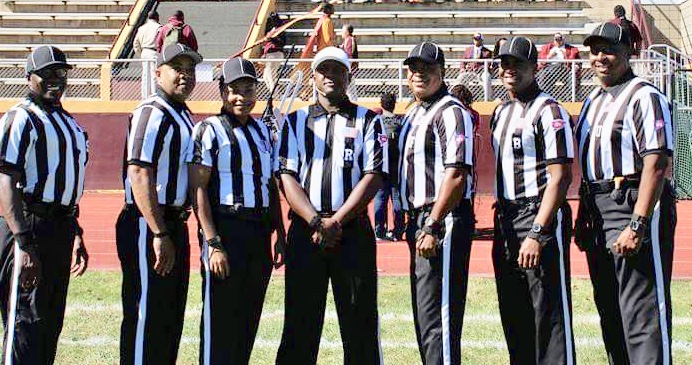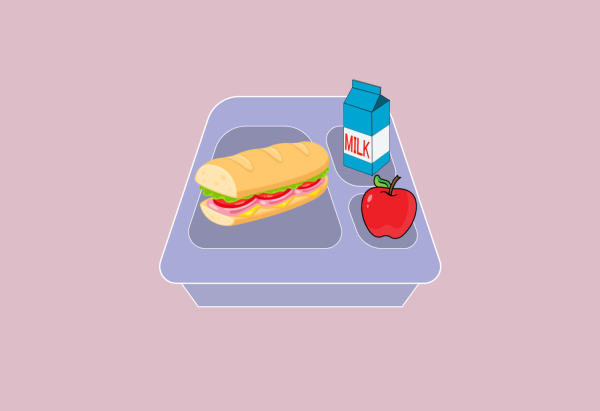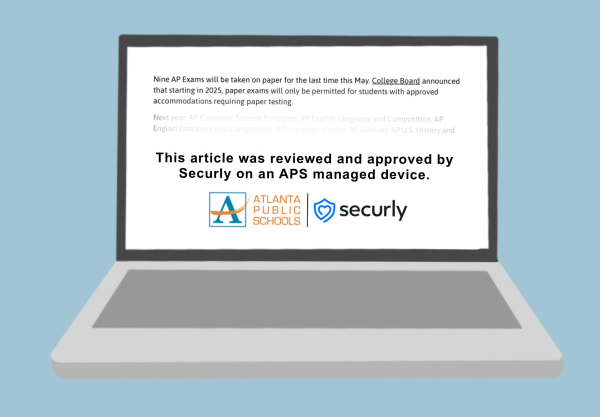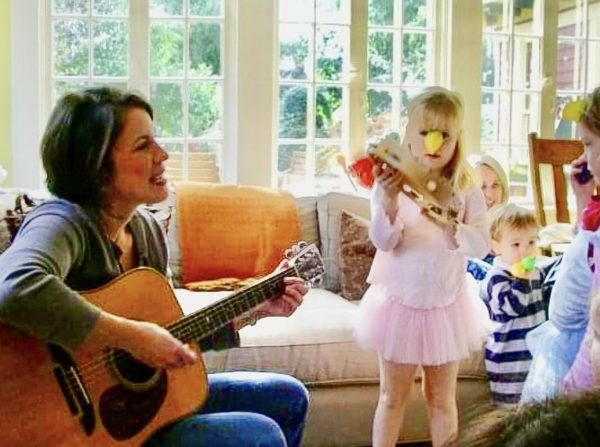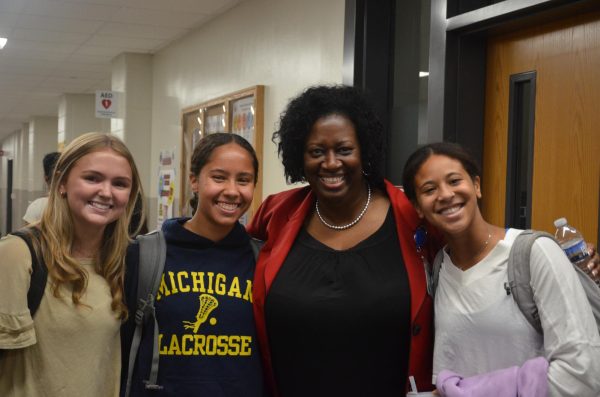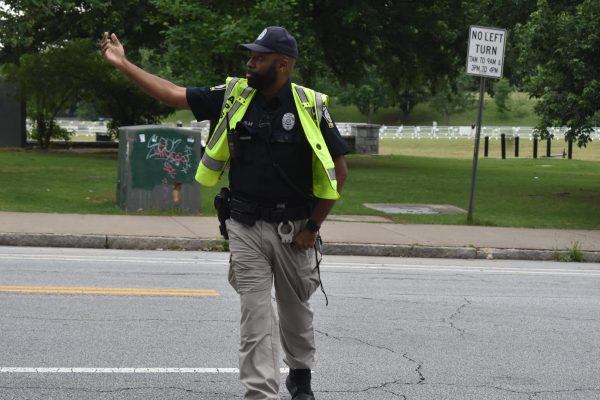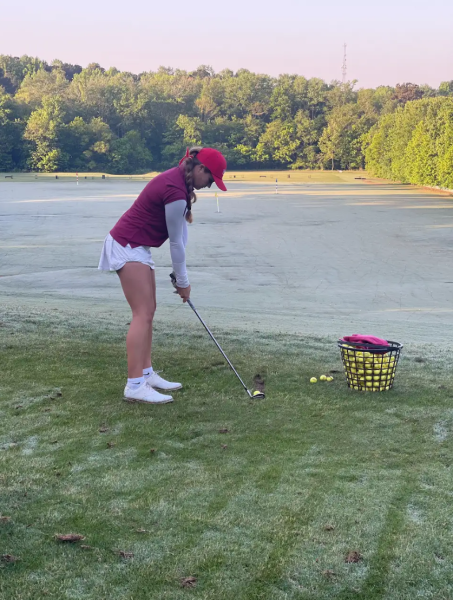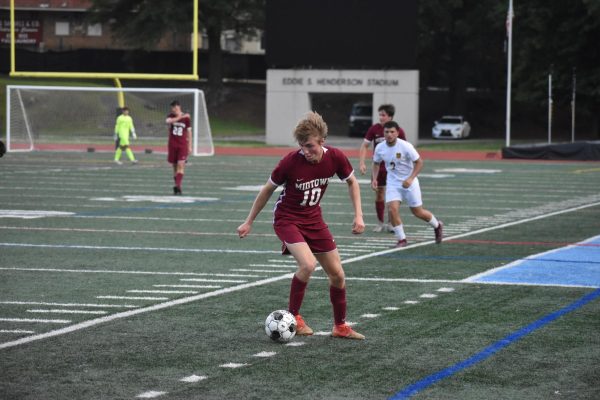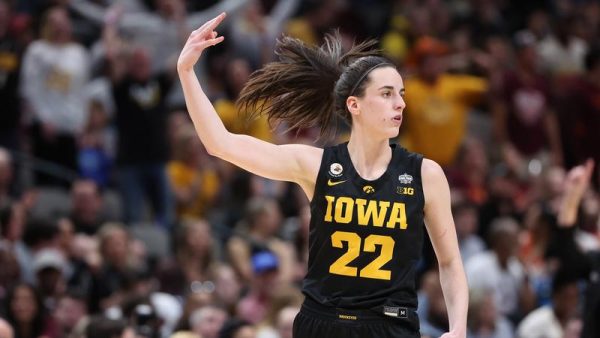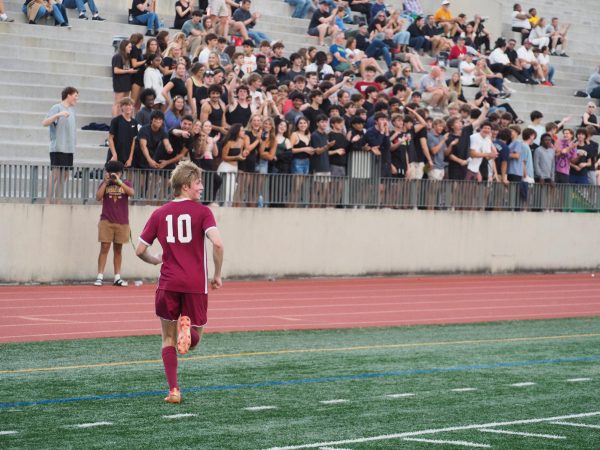Referee Boone stays close to the game
STANDING PROUD: From left to right is Kenny Grigsby, Jonathan Carter, Henrietta Powell, Harlan Johnson, Ben Cole, David Boone and Kevin Sutton. Boone s entering his ninth year as a referee
At a high school football game, excited fans turn their attention to the game’s action and the player with the ball.
However, referees like Dave Boone closely watch more than just what excites fans.
“There is something going on in every play, so I’m constantly monitoring stuff,” Boone said.
Entering his ninth year officiating at the high school level and fifth year at the college level, David Boone is accustomed to the difficult preparation and hard work to referee football games. Also, Boone has to balance his time as an official with his role as Booster Club president and his full-time job in sales.
Football has been a huge part of Boone’s life. He competed at DeLaSalle High School in Chicago and Morehouse College.
“I started off as a high school referee, and I played football in college and just wanted to stay close to the game,” Boone said. “I was coaching for a little while in Chicago, and my cousin was already officiating, so I wanted to join with him.”
The process of becoming an official includes many steps and exams for certification.
“In the preseason, there is a rules test that you have to take,” Boone said. “I took a rules test for high school, and I go to a weekly meeting for high school [referees].”
The preseason testing consists of two 25-question tests each week for 10 weeks covering the game’s rules. Boone is also required to attend a weekly meeting and pass a conditioning test, consisting of either agility drills or a timed 1.5-mile run.
“People think that you go out to the game and just start officiating, but that does not happen,” Boone said. “You do not just come in one day and say, ‘I want to officiate football.’”
The lack of instant replay makes officiating high school football difficult, but Boone relies on rules knowledge and desire for fairness with his penalty calls. Officiating college football has added pressure because more is at stake for the school and its program, Boone said.
“What you try to do is interpret the rules as they are stated and officiate the rules, and contrary to what people may believe, if there is a home team favorite, there really isn’t,” Boone said. “I never care who wins.”
Boone understands bad calls are part of the game, but there are evaluators at each game who go over film with the officials and discuss calls and officials’ decisions.
“As officials, we are constantly trying to improve our skill set, and meetings are a great opportunity to discuss calls and help the younger officials get better.”
Despite the long hours on and off the football field, Boone still enjoys his time officiating games and the experiences and friendships he has made along the way.
“I have become really good friends with the [other] officials, and I get the opportunity to officiate football at a pretty high level,” Boone said. “I just love football.”
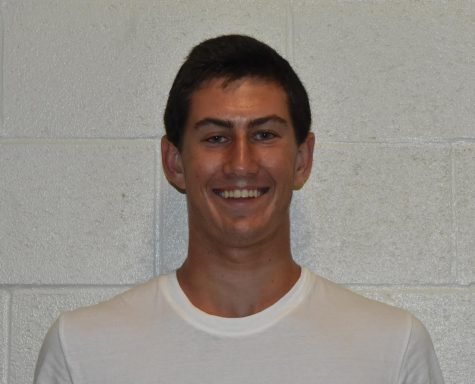
Josh Wolfe is currently a senior and will be attending Lafayette College next year and joining their varsity tennis team. He enjoys tennis, writing, and...

